Home>Garden Essentials>Garden Plants>How To Make Thyme Tincture?
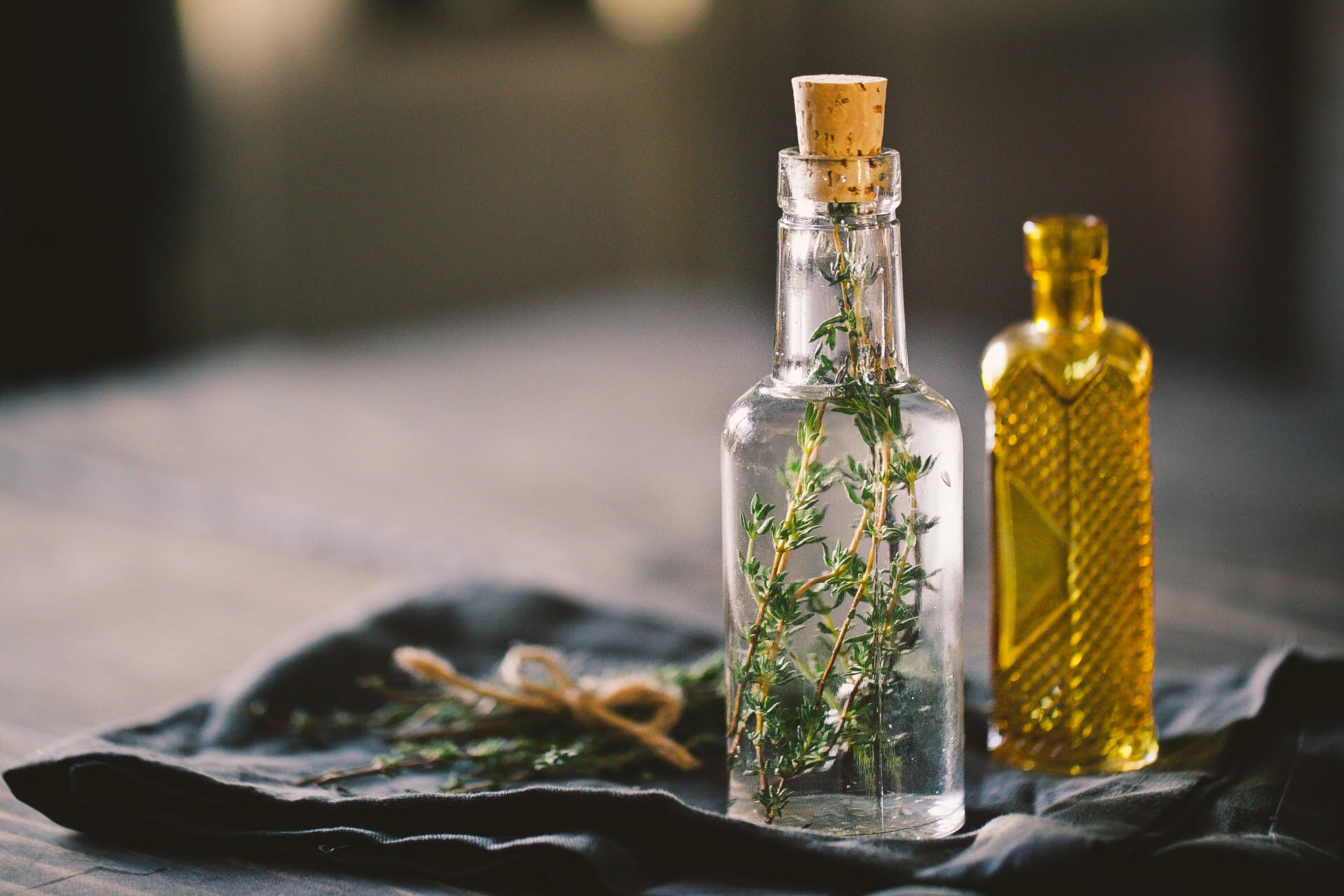

Garden Plants
How To Make Thyme Tincture?
Modified: February 7, 2024
Learn how to make thyme tincture from plants and harness their healing properties. Step-by-step guide for creating this natural remedy.
(Many of the links in this article redirect to a specific reviewed product. Your purchase of these products through affiliate links helps to generate commission for Storables.com, at no extra cost. Learn more)
Introduction
Welcome to the world of herbal remedies! In this article, we will be exploring the wonderful benefits of thyme tincture and how you can make it yourself at home. Thyme, known scientifically as Thymus vulgaris, is an aromatic herb that has been used for centuries for its medicinal properties. With its delightful fragrance and potent therapeutic effects, thyme has gained popularity as a natural remedy for various ailments.
A thyme tincture is essentially a concentrated herbal extract made by steeping thyme leaves in alcohol. This process extracts the beneficial compounds from the herb, resulting in a potent and easily absorbed remedy. Thyme tinctures are commonly used for their antimicrobial, antiviral, and expectorant properties, making them particularly effective in managing respiratory conditions.
It is important to note that while thyme tincture can be a valuable addition to your natural medicine cabinet, it should not replace professional medical advice. Make sure to consult with a healthcare professional before incorporating any new herbal remedy into your routine, especially if you have any underlying health conditions or are taking medications.
In the next sections, we will delve into the benefits of thyme tincture, the ingredients and equipment needed to make it, the step-by-step instructions, and some important considerations when using it. So let’s get started on this herbal journey!
Key Takeaways:
- Create your own potent thyme tincture at home using simple ingredients and equipment. Enjoy its versatile benefits, from respiratory support to antioxidant protection, with proper dosage and storage.
- Harness the power of nature with thyme tincture, a natural remedy for respiratory health, immune support, and more. Follow dosage guidelines and precautions for safe and effective usage.
Read more: Where Can I Buy Thyme Tincture
What is a Thyme Tincture?
A thyme tincture is a concentrated extract of thyme leaves, obtained by steeping the herb in alcohol over a period of time. This process allows the alcohol to dissolve and extract the medicinal compounds present in thyme, resulting in a potent herbal remedy. Thyme, a member of the mint family, is native to the Mediterranean region and has been used for centuries in traditional medicine.
The tincture form is an effective way to harness the therapeutic properties of thyme. The active ingredients in thyme, such as thymol and carvacrol, are known for their antimicrobial, antiviral, and antioxidant properties. These compounds contribute to the various health benefits that thyme tincture offers.
Thyme tincture is commonly used to support respiratory health. It has expectorant properties, which means it helps to loosen and expel mucus, making it beneficial for managing coughs, colds, bronchitis, and other respiratory conditions. Thyme tincture is also known for its antibacterial and antifungal properties, making it useful in combating infections and promoting overall immune system function.
Besides its respiratory benefits, thyme tincture has been found to have anti-inflammatory effects, aiding in the management of inflammatory conditions such as arthritis. Additionally, thyme tincture has been used topically to soothe skin irritations, heal wounds, and treat fungal infections.
Thyme tincture can be taken orally or used externally depending on the intended purpose. When taken internally, it is typically diluted in water or added to tea. It can also be applied topically by diluting it in a carrier oil and massaging it onto the affected area.
As with any herbal remedy, it is important to use thyme tincture responsibly and in moderation. It is recommended to start with a low dosage and gradually increase if needed. If you experience any adverse reactions or have concerns, discontinue use and consult a healthcare professional.
In the following sections, we will explore the numerous benefits of thyme tincture, the ingredients and equipment needed to make it, as well as the step-by-step instructions to create your very own thyme tincture at home.
Benefits of Thyme Tincture
Thyme tincture offers a wide range of health benefits, thanks to its potent medicinal properties. Let’s explore some of the key advantages of incorporating thyme tincture into your wellness routine:
1. Respiratory Health: Thyme tincture is highly regarded for its ability to support respiratory health. It has expectorant properties that help to loosen and expel mucus, making it beneficial for managing coughs, colds, bronchitis, and other respiratory conditions. The antimicrobial properties of thyme also help combat respiratory infections.
2. Antimicrobial and Antiviral Action: Thyme tincture contains compounds like thymol and carvacrol, which possess powerful antimicrobial and antiviral properties. These properties make thyme tincture effective in fighting against various strains of bacteria, viruses, and fungi. It can be used internally and topically to prevent and treat infections.
3. Immune System Support: The antioxidants present in thyme tincture help strengthen the immune system and protect the body against oxidative stress caused by free radicals. By bolstering your immune system, thyme tincture can help reduce the frequency and severity of illnesses.
4. Anti-inflammatory Effects: Thyme tincture has been found to possess anti-inflammatory properties, making it useful in managing inflammatory conditions such as arthritis, sore muscles, and joint pain. It can help reduce inflammation and relieve associated discomfort.
5. Digestive Aid: Thyme tincture has traditionally been used to support digestion. It can help relieve digestive issues like bloating, indigestion, and gas. Thyme’s carminative properties help soothe the digestive system and promote healthy digestion.
6. Antioxidant Protection: Thyme tincture is rich in antioxidants such as flavonoids, which help protect the body against cellular damage caused by free radicals. Antioxidants play a vital role in maintaining overall health and can help slow down the aging process.
7. Skin Health: Due to its antibacterial and antifungal properties, thyme tincture can be used topically to treat minor skin infections, wounds, and fungal conditions like athlete’s foot. It helps cleanse the skin and promote faster healing.
8. Stress Relief: Thyme tincture has a calming and soothing effect on the nervous system. It can help reduce stress, anxiety, and promote relaxation. Incorporating thyme tincture into your daily routine may help support overall mental well-being.
These are just a few of the many benefits that thyme tincture offers. As with any natural remedy, it’s important to remember that individual results may vary. Consult with a healthcare professional before adding thyme tincture to your wellness regimen, especially if you have any underlying medical conditions or are taking medications.
Ingredients and Equipment Needed
Making your own thyme tincture at home is a straightforward process that requires just a few simple ingredients and basic equipment. Here’s what you’ll need:
Ingredients:
- Fresh or dried thyme leaves – 1 cup
- High-proof alcohol (such as vodka or grain alcohol) – enough to cover the thyme leaves
Equipment:
- Glass jar with a tight-fitting lid
- Fine mesh strainer or cheesecloth
- Amber glass bottles for storing the tincture
- Funnel for pouring the tincture into the bottles
The quality of your thyme tincture depends on the quality of the ingredients used. Whenever possible, opt for organic thyme leaves to minimize exposure to pesticides and other chemicals. Additionally, choose a high-quality alcohol with a high percentage of alcohol content (at least 40% or 80 proof) to ensure proper extraction of the medicinal compounds.
You can easily find the necessary ingredients and equipment at your local health food store, herbal shop, or online retailers specializing in herbal supplies.
It’s important to note that when handling alcohol, always do so in a well-ventilated area and follow safety precautions. Avoid any open flames or sparks, and keep the area away from children and pets.
Now that you have all the ingredients and equipment ready, let’s move on to the step-by-step instructions to make your very own thyme tincture!
Step-by-Step Instructions
Creating your own thyme tincture is a simple process that involves steeping thyme leaves in alcohol over a period of time. Follow these step-by-step instructions to make your own thyme tincture:
- Gather your ingredients and equipment. Ensure your glass jar and all utensils are clean and dry.
- If using fresh thyme leaves, wash and dry them thoroughly. If using dried thyme leaves, skip this step.
- Measure one cup of thyme leaves and place them in the glass jar.
- Pour enough high-proof alcohol (such as vodka or grain alcohol) to completely cover the thyme leaves. The alcohol acts as a solvent and extracts the medicinal compounds from the thyme.
- Use a clean spoon or spatula to gently press down the thyme leaves, ensuring they are fully submerged in the alcohol. This helps in releasing more of the beneficial properties into the tincture.
- Screw the lid tightly on the glass jar to prevent any air or moisture from entering.
- Label the jar with the date of preparation. This will help you keep track of the tincture’s age and potency.
- Place the jar in a cool, dark place, such as a cupboard or pantry, and allow it to steep for about 4 to 6 weeks. During this time, the alcohol will extract the medicinal constituents from the thyme leaves, creating a potent tincture.
- Shake the jar gently once a day to help redistribute the contents and promote thorough extraction.
- After the steeping period, strain the tincture using a fine mesh strainer or cheesecloth to remove the thyme leaves. Squeeze the herbs to extract any remaining liquid.
- Using a funnel, pour the strained tincture into dark-colored glass bottles for storage. Amber or cobalt glass bottles are recommended as they help protect the tincture from light exposure.
- Label the bottles with the name of the tincture, the date of preparation, and dosage information (if known).
- Your homemade thyme tincture is now ready for use! Store it in a cool, dark place to maintain its potency.
Remember to consult a healthcare professional or herbalist for dosage guidelines and usage recommendations specific to your needs. They can provide personalized advice based on your health condition and any potential interactions with medications you may be taking.
Now that you have successfully made your own thyme tincture, you can start incorporating it into your wellness routine and reap the benefits of this natural herbal remedy.
To make thyme tincture, fill a jar with fresh thyme, cover with high-proof alcohol, and let it sit for 4-6 weeks. Strain and store in a dark bottle.
Read more: How To Store Tinctures
Straining and Bottling the Tincture
After the steeping period, it’s time to strain and bottle your thyme tincture. This step ensures that you have a clear, potent tincture ready for use. Follow these guidelines to strain and bottle your homemade thyme tincture:
- Prepare a clean workspace and gather your fine mesh strainer or cheesecloth, as well as your amber glass bottles for storing the tincture.
- Place the strainer over a clean bowl or directly over the opening of the bottle you’re using to catch the strained liquid.
- Carefully pour the contents of the tincture jar into the strainer, allowing the liquid to strain through while trapping the thyme leaves.
- Use a spoon or spatula to press and squeeze the thyme leaves against the strainer or cheesecloth to extract as much liquid as possible. This helps ensure you collect all the beneficial components of the tincture.
- Continue to strain until all the liquid has passed through and you’re left with only the strained tincture in the bowl or bottle.
- If you’re using a bowl, use a funnel to transfer the strained tincture into the amber glass bottles. This will make the bottling process cleaner and more efficient.
- Ensure the bottles are clean and dry before pouring the strained tincture into them. Make sure to leave some headspace in each bottle to allow for expansion when exposed to varying temperatures.
- Securely seal the bottles with their caps or lids. This helps maintain the freshness and potency of the tincture.
- Label each bottle with the name of the tincture, the date of preparation, and any dosage or usage recommendations, if known.
- Store the bottles in a cool, dark place to preserve the tincture’s potency. It’s ideal to keep them away from direct sunlight and extreme temperature fluctuations.
- Remember to properly dispose of the strained thyme leaves and clean your equipment thoroughly.
Your homemade thyme tincture is now strained, bottled, and ready for use! Regularly check the bottles for any signs of contamination or spoilage, such as mold or an unusual odor. Properly stored, your thyme tincture should have a shelf life of approximately one to two years.
It’s important to note that herbal tinctures are not standardized in the same way as pharmaceutical medications. Variations in the potency of the tincture may occur due to factors like the quality and freshness of the thyme used, the alcohol concentration, and the steeping duration. As a result, it’s recommended to consult with a healthcare professional or herbalist for dosage guidelines tailored to your individual needs.
With your freshly strained and bottled thyme tincture, you can now enjoy the benefits of this natural remedy in various ways, whether taken orally or used topically.
Storage and Shelf Life
Proper storage is essential to maintain the potency and effectiveness of your thyme tincture. Follow these guidelines to ensure your tincture remains fresh and usable:
1. Dark and Cool Place: Store your thyme tincture in a cool, dark location away from direct sunlight. Sunlight exposure can degrade the active compounds in the tincture over time. A cupboard or pantry is an ideal storage spot.
2. Airtight Containers: Use amber glass bottles with airtight caps or lids to store your thyme tincture. The dark glass helps protect the tincture from light exposure, while the airtight seal prevents oxidation and maintains freshness.
3. Labeling and Date: Properly label each bottle with the name of the tincture, the date of preparation, and any dosage or usage recommendations. This will help you keep track of the tincture’s age and potency.
4. Avoid Temperature Extremes: Fluctuating temperatures can affect the quality of your thyme tincture. Avoid storing it in areas where it may be exposed to excessive heat, cold, or temperature variations. Extreme temperatures can cause evaporation or spoilage.
5. Keep Away from Children and Pets: Store your thyme tincture out of reach of children and pets. Remember that tinctures contain alcohol, which can be harmful if ingested in large quantities.
6. Regular Inspection: Periodically inspect your tincture bottles for any signs of contamination, such as mold growth or an off odor. If you notice any of these, it is best to discard the tincture and prepare a fresh batch.
7. Shelf Life: Thyme tinctures, if stored properly, can have a shelf life of approximately one to two years. However, the potency of the tincture may gradually diminish over time. It’s recommended to make small batches and use them within a reasonable period for maximum effectiveness.
Remember, herbal remedies like thyme tincture are not regulated in the same way as pharmaceutical medications. The potency and effectiveness may vary between batches and brands. If you have any concerns about the freshness or effectiveness of your thyme tincture, consult with a healthcare professional or herbalist for further guidance.
By following these storage guidelines, you can ensure that your thyme tincture remains potent and ready for use whenever needed. Incorporate this herbal remedy into your natural medicine cabinet and enjoy its benefits for years to come.
Dosage and Usage Recommendations
When it comes to using thyme tincture, it is important to follow proper dosage guidelines and usage recommendations. Here are some general guidelines to help you incorporate thyme tincture into your wellness routine:
Dosage:
- Adults: The typical recommended dosage for adults is 1-2 milliliters (ml) of thyme tincture, diluted in a small amount of water or added to tea, up to three times a day. However, it is always best to consult with a healthcare professional or qualified herbalist to determine the appropriate dosage for your specific needs.
- Children: Thyme tincture is generally not recommended for children under the age of two. For children older than two, it is best to consult with a pediatrician or herbalist to determine the appropriate dosage based on the child’s age, weight, and specific health condition.
Usage:
- Internal Use: When using thyme tincture internally, it is typically diluted in a small amount of water or added to a cup of herbal tea. This allows for proper absorption and easier consumption. Take the recommended dosage orally, and adjust as needed based on your individual response and the guidance of a healthcare professional.
- Topical Use: Thyme tincture can also be used topically for certain conditions. Dilute the tincture in a carrier oil, such as coconut oil or jojoba oil, before applying it to the skin. Conduct a patch test on a small area of skin first to check for any sensitivity or allergic reactions. Avoid applying thyme tincture to broken skin or sensitive areas without proper guidance.
- Duration of Use: The duration of thyme tincture usage can vary depending on the purpose and individual circumstances. Some individuals may benefit from short-term use for acute conditions, while others may find long-term use beneficial for chronic conditions. It is best to consult with a healthcare professional or herbalist to determine the appropriate duration of use for your specific situation.
It is important to note that everyone is different, and individual responses to herbal remedies can vary. Some individuals may be more sensitive to the effects of thyme tincture, while others may require higher dosages for desired results. Always monitor your body’s response and adjust the dosage accordingly, while keeping in mind any guidance provided by healthcare professionals.
If you are pregnant, breastfeeding, have underlying health conditions, or are taking any medications, it is crucial to consult with a healthcare professional before using thyme tincture or any herbal remedy to ensure it is safe and appropriate for your specific situation.
By following proper dosage and usage recommendations and seeking professional guidance when needed, you can incorporate thyme tincture effectively and safely into your wellness routine to enjoy its numerous health benefits.
Potential Side Effects and Precautions
While thyme tincture is generally safe for most individuals, it’s important to be aware of potential side effects and take necessary precautions. Here are some important considerations to keep in mind:
Possible Side Effects:
- Allergic reactions: Some individuals may be allergic to thyme or other plants in the mint family. If you experience symptoms such as rash, itching, swelling, or difficulty breathing after using thyme tincture, discontinue use and seek medical attention.
- Stomach upset: In rare cases, thyme tincture may cause gastrointestinal discomfort or upset, including nausea, vomiting, or diarrhea. If you experience persistent or severe digestive symptoms, discontinue use and consult a healthcare professional.
- Drug interactions: Thyme tincture may interact with certain medications. If you are taking any prescription medications, consult with your healthcare provider before using thyme tincture to avoid any potential interactions or adverse effects.
Precautions:
- Pregnancy and breastfeeding: It’s best to err on the side of caution and avoid using thyme tincture during pregnancy and while breastfeeding. There is limited scientific research on the safety of thyme during these times, so it’s advisable to consult with a healthcare professional before using it.
- Children and infants: Thyme tincture is generally not recommended for children under the age of two. For children older than two, consult with a healthcare professional or pediatrician to determine the appropriate dosage and usage guidelines.
- Underlying health conditions: If you have any pre-existing medical conditions, such as liver or kidney disease, or if you are taking medications that may be affected by herbal remedies, it is crucial to seek professional advice before using thyme tincture to ensure it is safe for you.
- Quality and dosage: Ensure that you use high-quality thyme leaves and alcohol to make your tincture. Dosage guidelines should be followed as recommended by a healthcare professional or herbalist, and it’s important not to exceed the recommended dosage without proper guidance.
Remember, herbal remedies like thyme tincture are not meant to replace professional medical advice or treatment. If you have any concerns or questions about using thyme tincture, it’s best to consult with a healthcare professional, herbalist, or other qualified healthcare provider who can provide personalized advice based on your specific situation.
By being aware of the potential side effects and taking necessary precautions, you can use thyme tincture safely and effectively as part of your natural health and wellness routine.
Read more: How To Make Thyme Syrup
Conclusion
Thyme tincture is a versatile and powerful herbal remedy that offers a range of health benefits. From supporting respiratory health to providing antimicrobial and antioxidant properties, thyme tincture can be a valuable addition to your natural medicine cabinet.
By making your own thyme tincture at home, you have the opportunity to harness the potent medicinal compounds found in this aromatic herb. The process is simple, requiring just a few basic ingredients and equipment. Steeping thyme leaves in high-proof alcohol allows for the extraction of beneficial compounds, resulting in a concentrated herbal remedy.
When using thyme tincture, it’s important to follow proper dosage guidelines and usage recommendations. Consult with a healthcare professional or qualified herbalist to determine the appropriate dosage for your individual needs. Additionally, be mindful of potential side effects and take necessary precautions, such as avoiding thyme tincture during pregnancy and breastfeeding, and consulting with a healthcare professional if you have any underlying health conditions or are taking medications.
Storing your thyme tincture correctly is crucial for maintaining its potency and effectiveness. Keep it in a cool, dark place in airtight, amber glass bottles to minimize exposure to light and air. By following these storage guidelines, you can ensure that your thyme tincture remains fresh and usable for an extended period.
As with any herbal remedy, it’s always important to seek professional advice and guidance when needed. Consulting with a healthcare professional or herbalist can provide you with personalized recommendations and ensure the safe and effective use of thyme tincture.
Whether you’re using thyme tincture to support respiratory health, boost your immune system, or address specific health concerns, incorporating this herbal remedy into your wellness routine can be a natural and effective way to promote overall well-being.
Take advantage of the numerous benefits that thyme tincture offers and explore the wonderful world of herbal remedies. As you embark on this herbal journey, remember to approach it with an open mind, a willingness to learn, and a deep respect for the power of nature’s healing gifts.
Disclaimer: The information in this article is for informational purposes only. It does not constitute medical advice and is not intended to replace professional medical advice, diagnosis, or treatment. Consult with a healthcare professional or herbalist before incorporating thyme tincture or any herbal remedy into your routine.
Frequently Asked Questions about How To Make Thyme Tincture?
Was this page helpful?
At Storables.com, we guarantee accurate and reliable information. Our content, validated by Expert Board Contributors, is crafted following stringent Editorial Policies. We're committed to providing you with well-researched, expert-backed insights for all your informational needs.
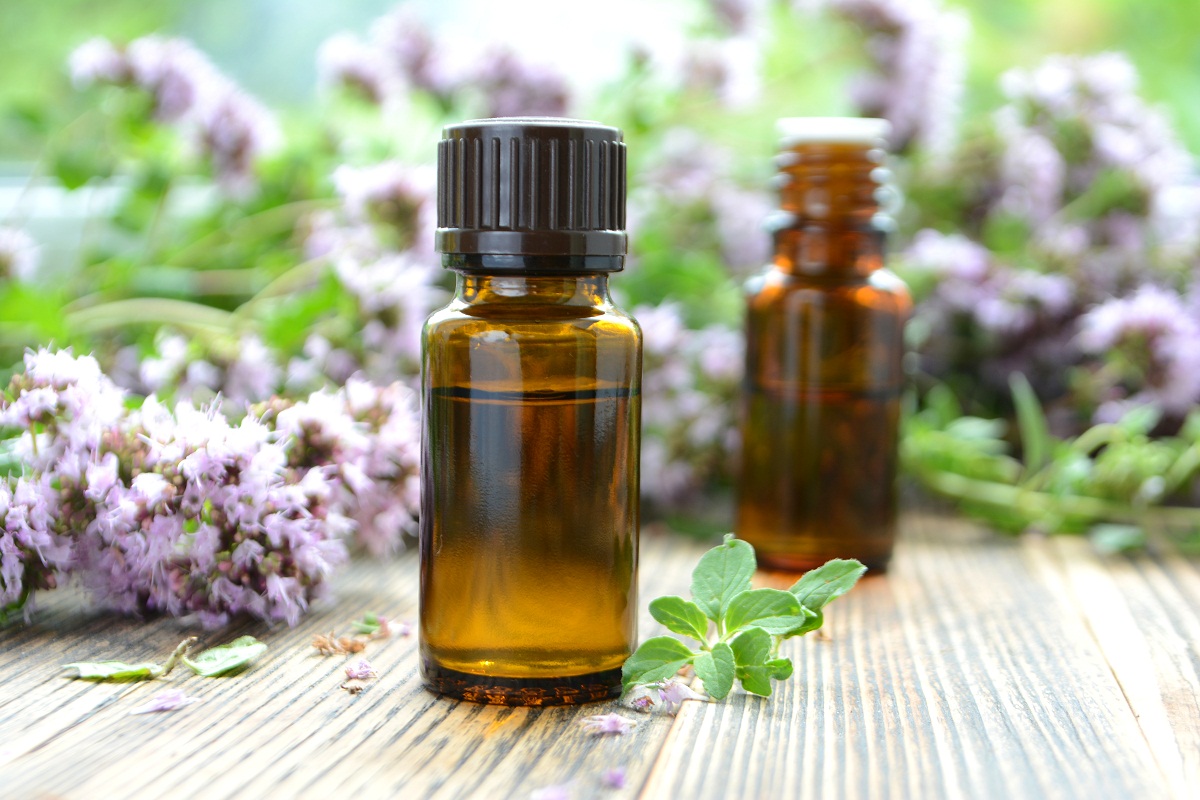


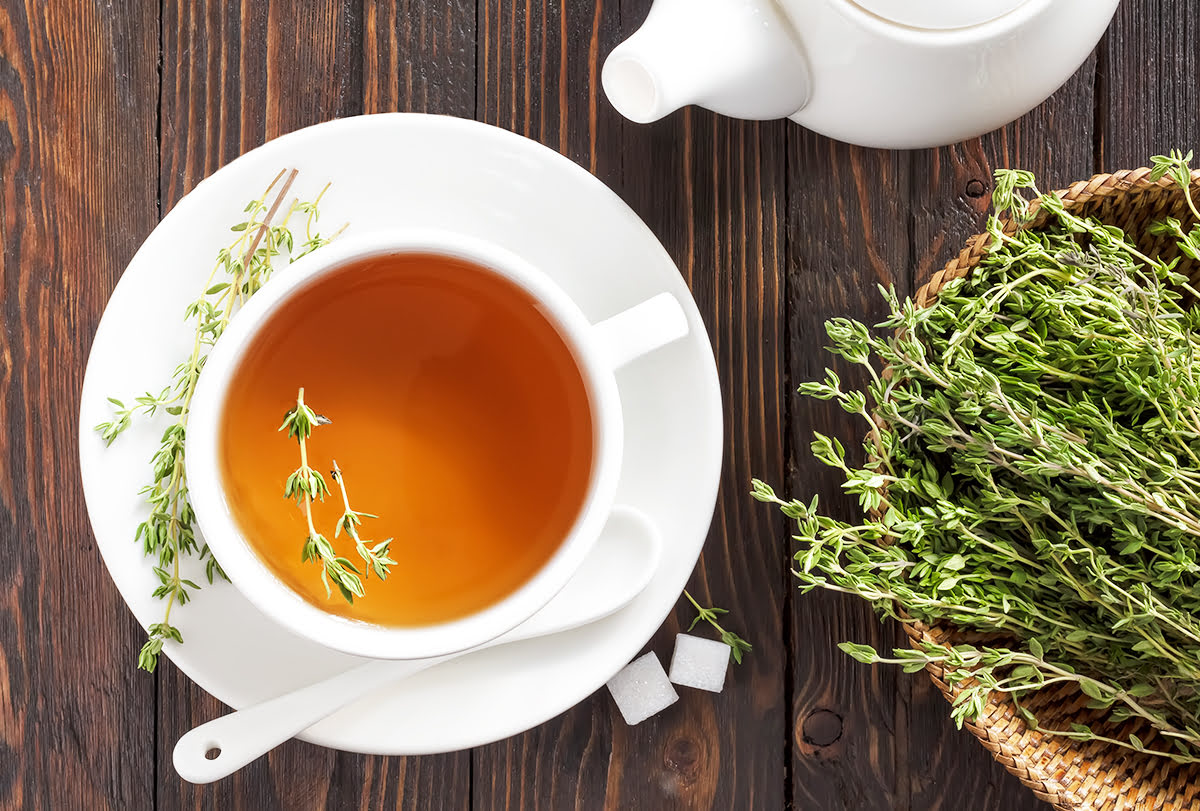

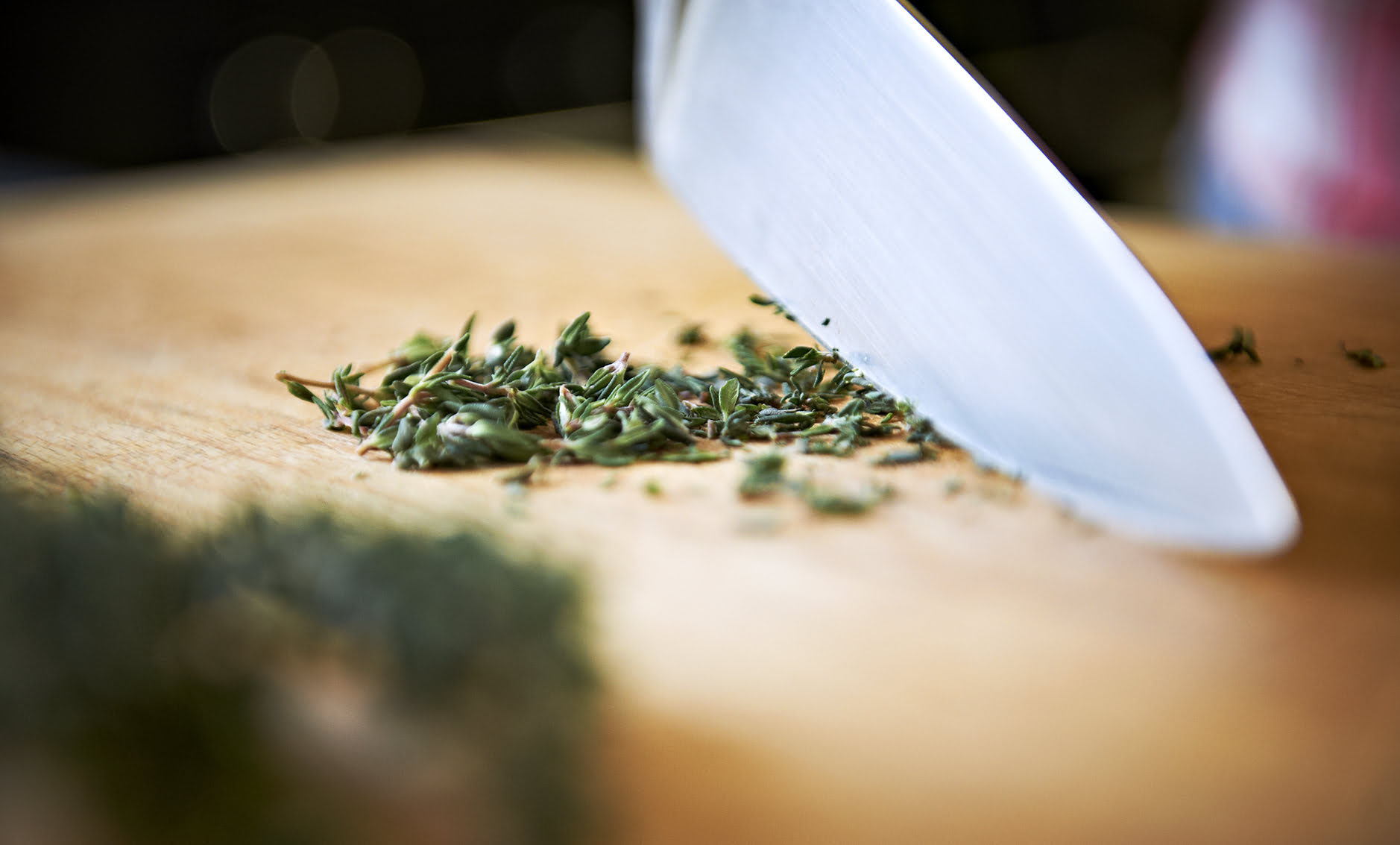
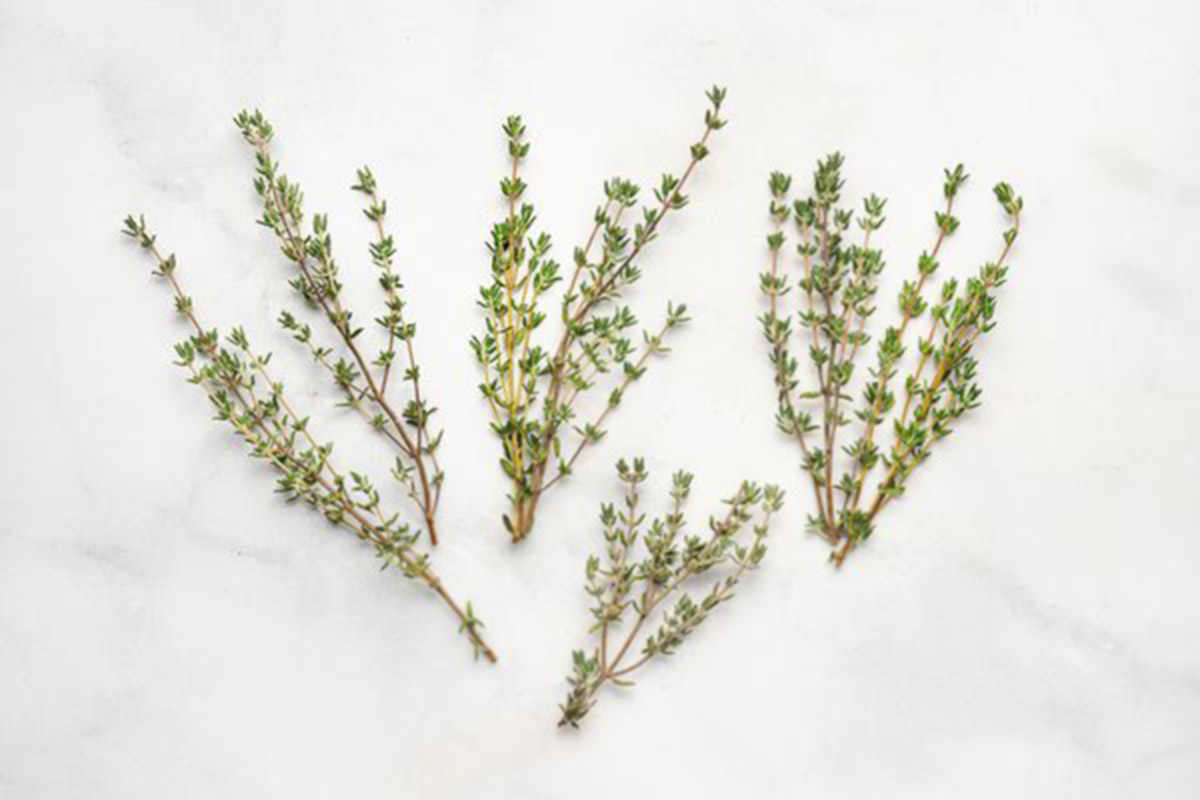
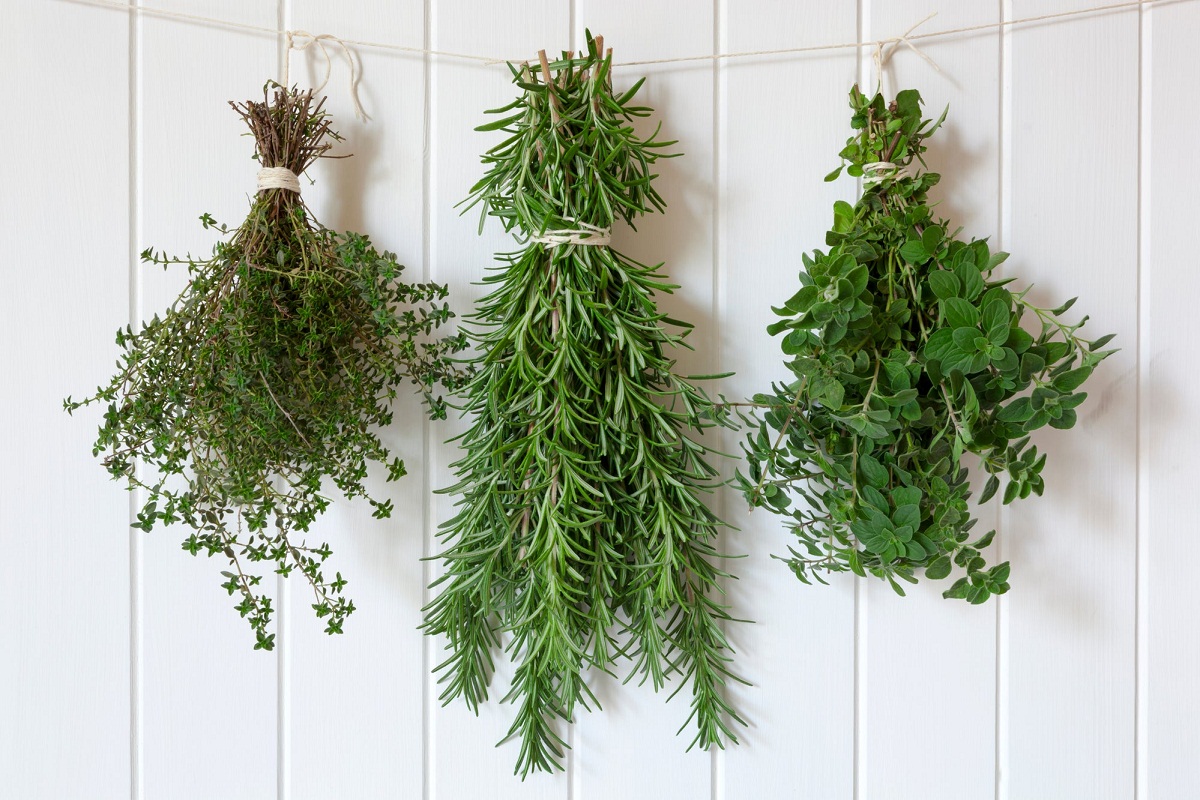
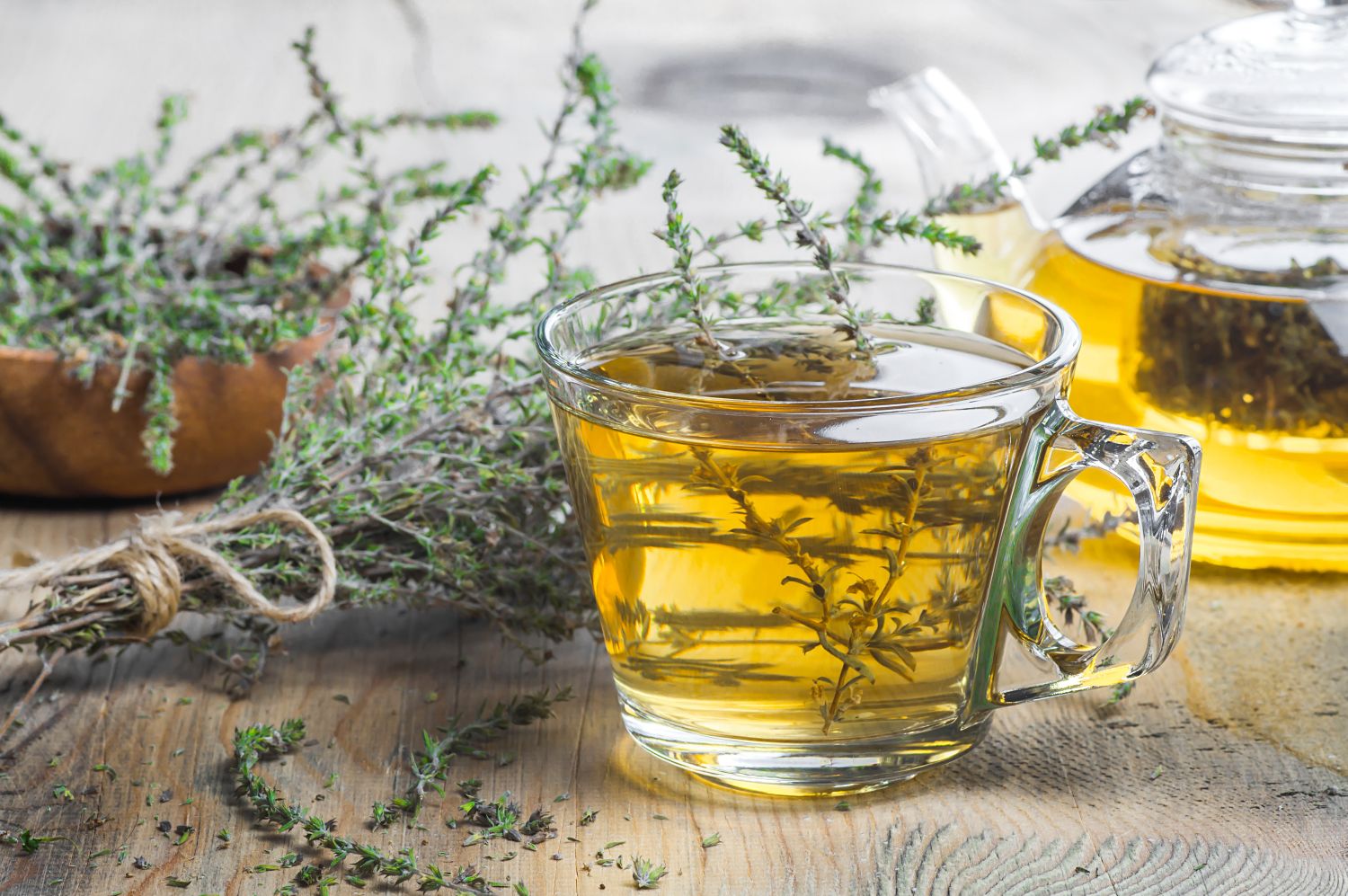
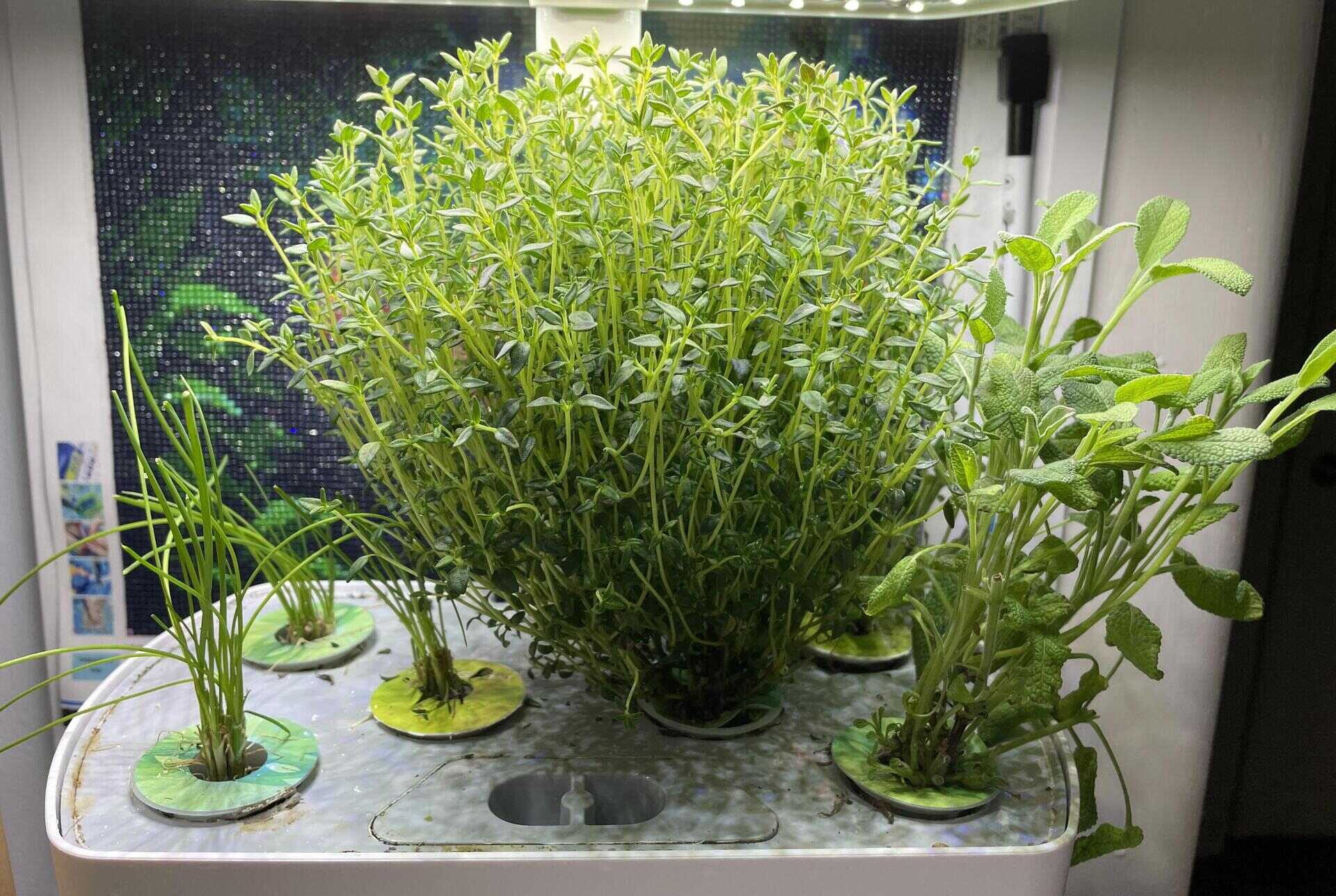
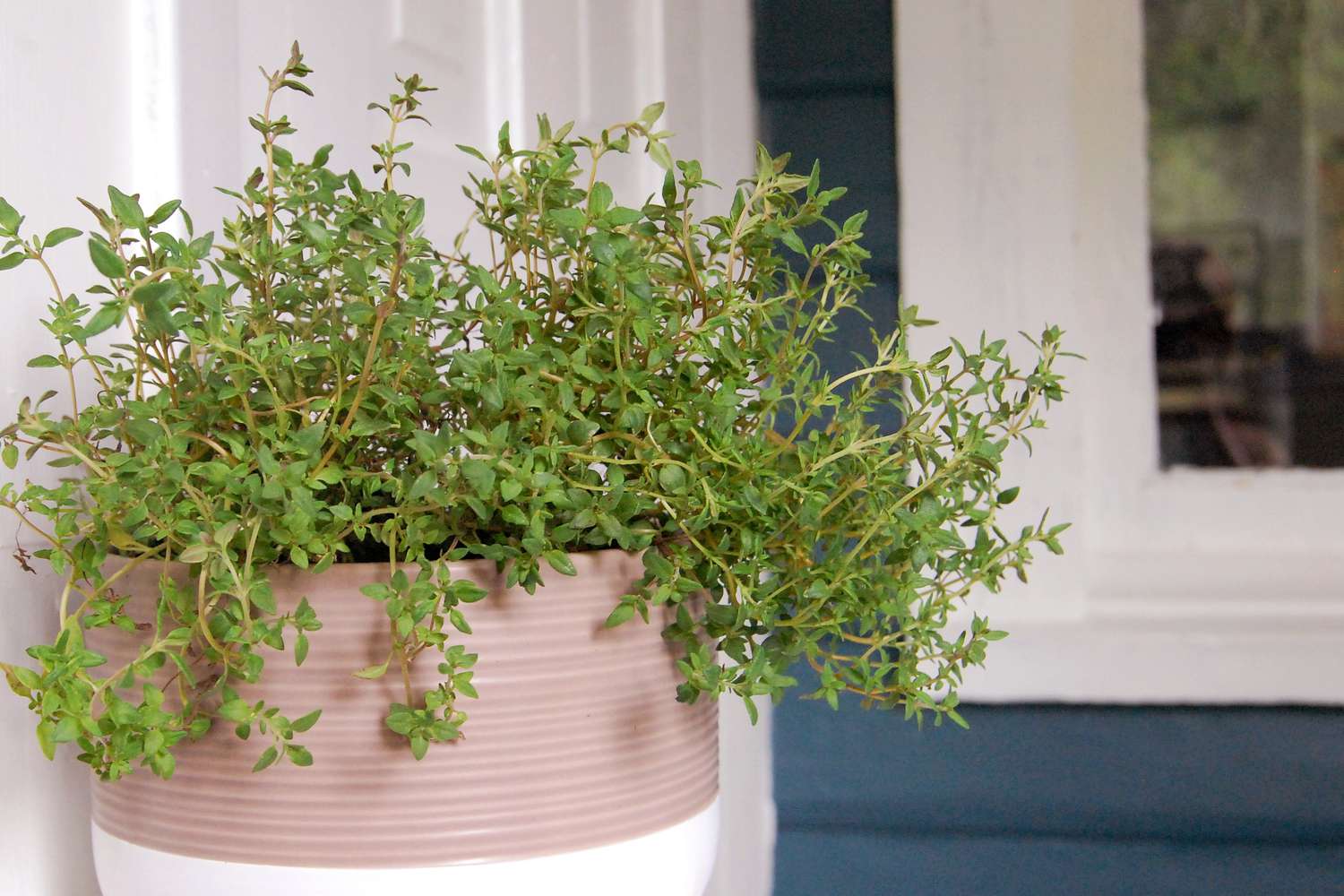
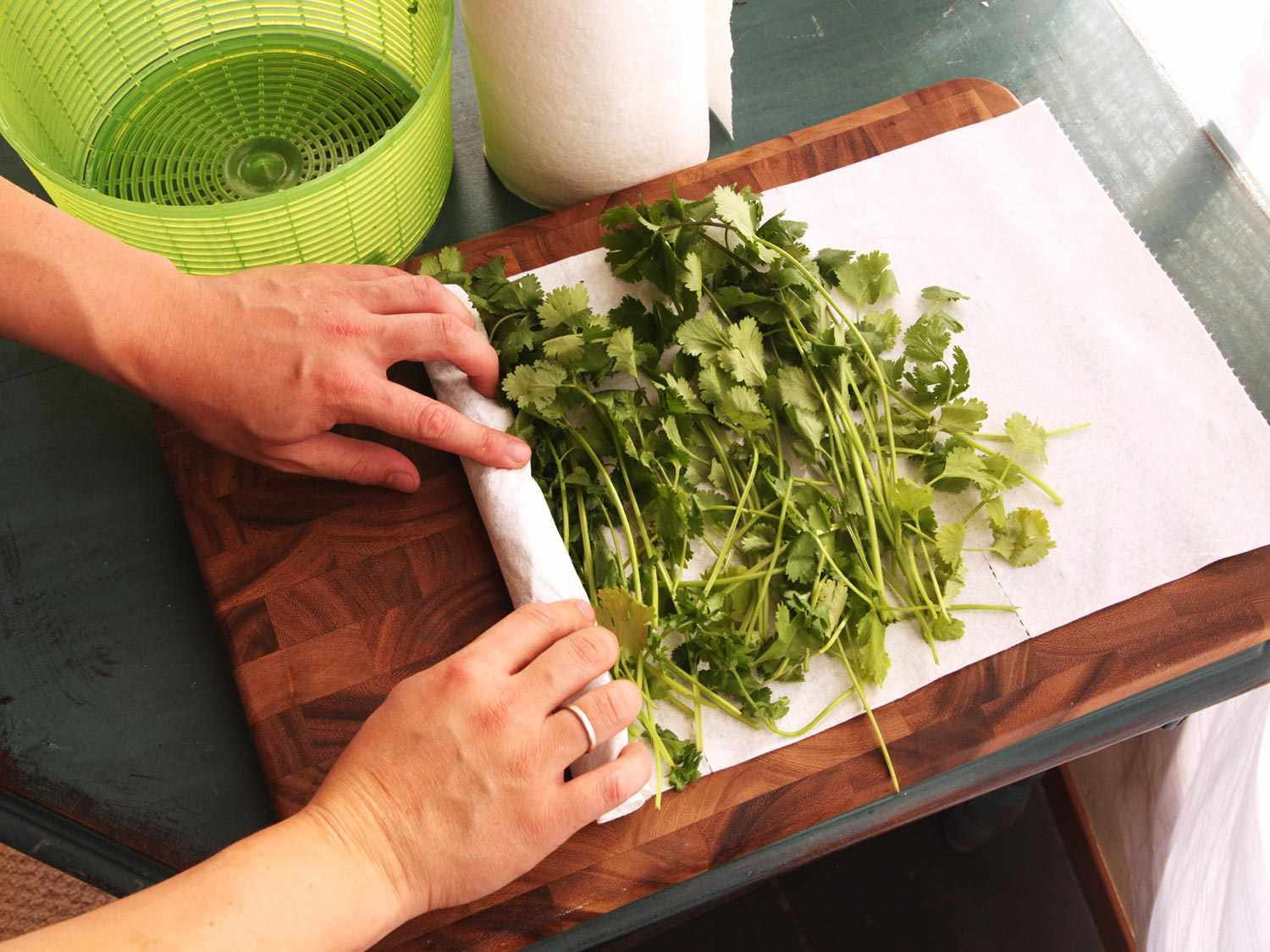
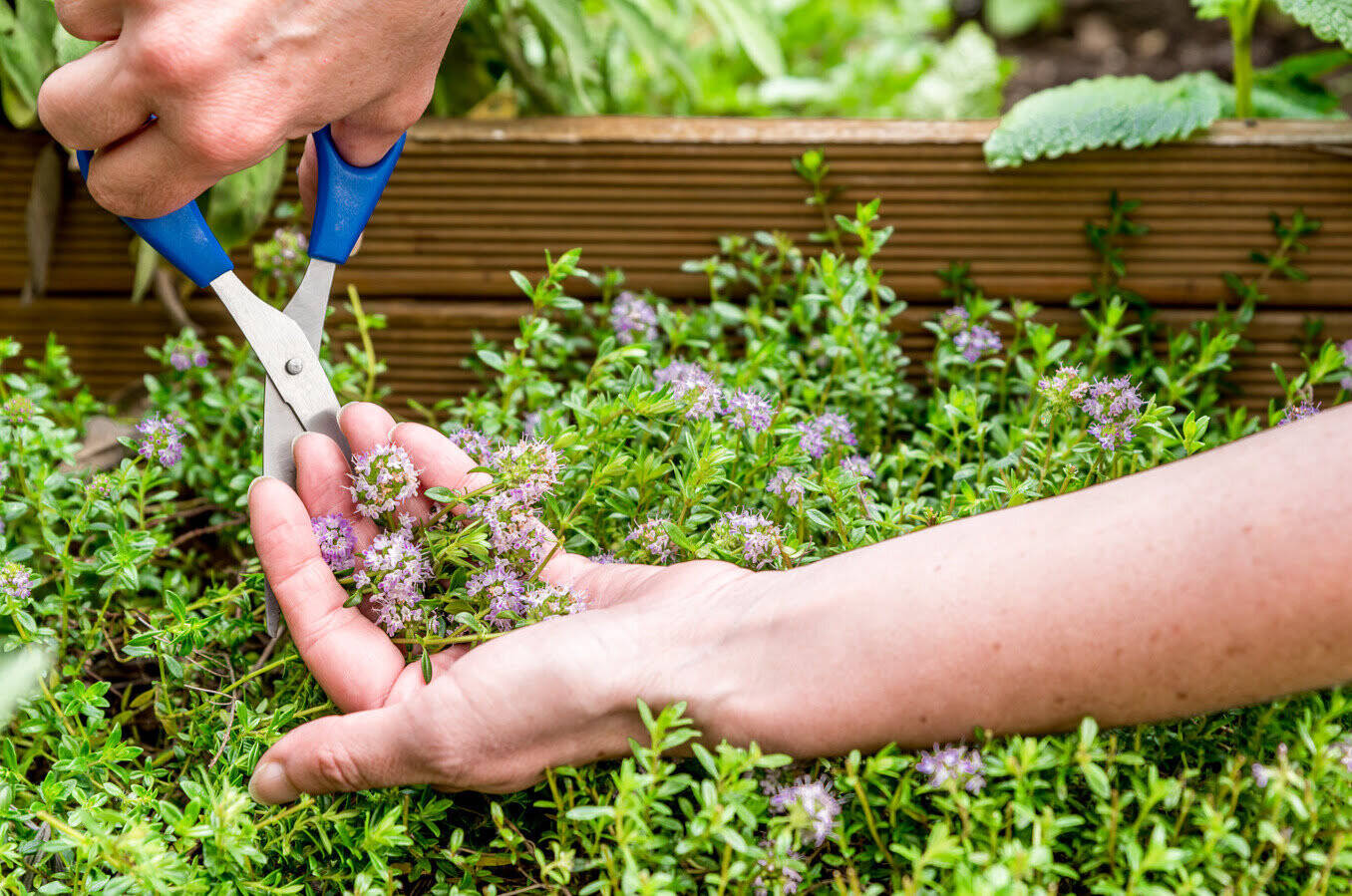

0 thoughts on “How To Make Thyme Tincture?”